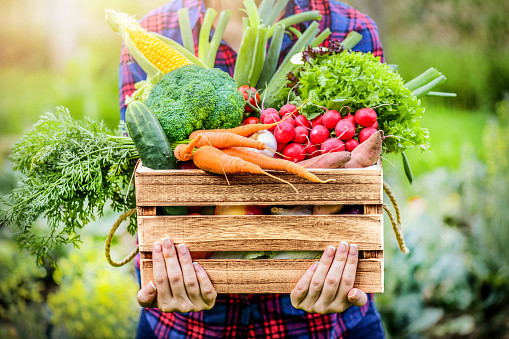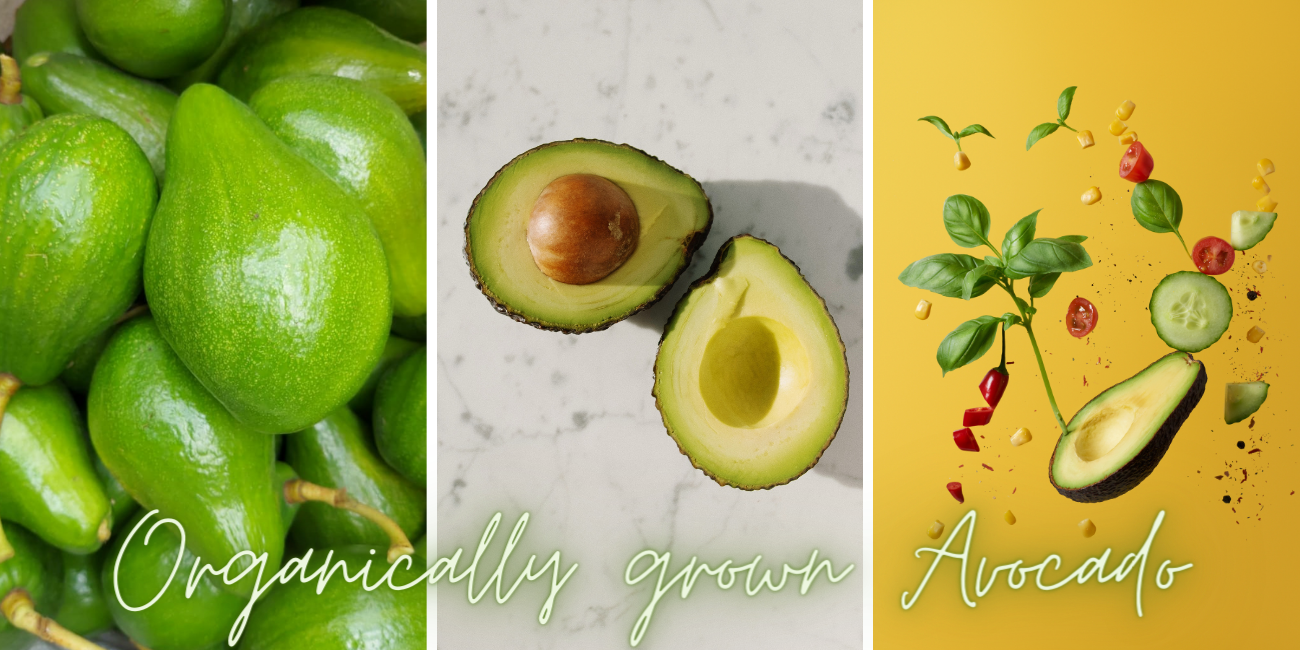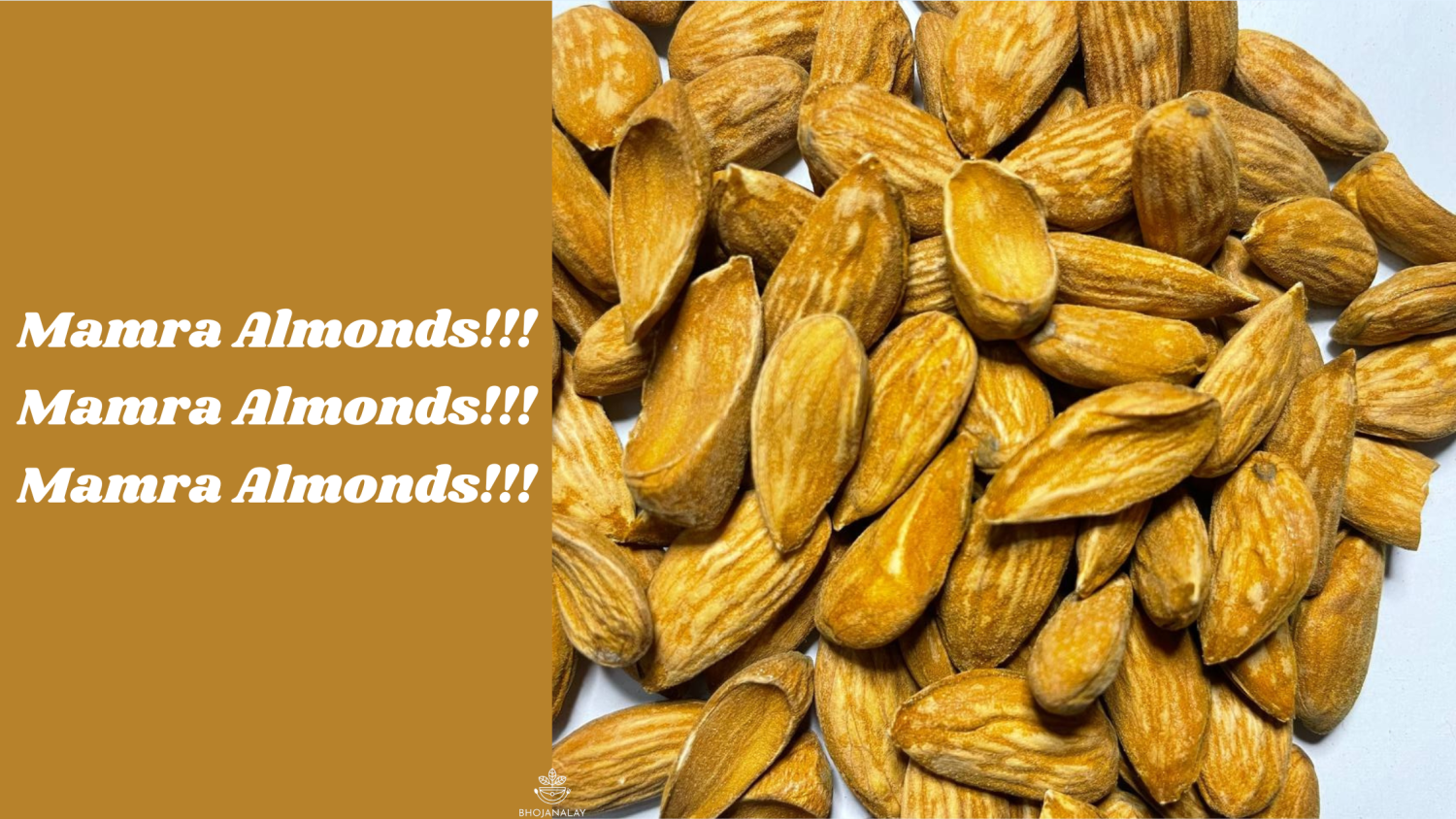The Benefits of Eating Seasonally: Fresher, More Flavorful Produce and a Smaller Carbon Footprint

Eating seasonally means choosing foods that are grown and harvested during the appropriate time of year. This can be a way to enjoy fresher, more flavorful produce and support local farmers and producers. It can also have environmental benefits.
One benefit of eating seasonally is that it can provide fresher, more flavorful produce. When foods are grown and harvested during their peak season, they are at their most ripe and flavorful. This can make them more enjoyable to eat and may also mean that they are more nutritious.
Eating seasonally can also be more environmentally friendly. Foods that are grown and harvested locally often require less transportation than foods that are shipped from farther away. This can result in a reduction in greenhouse gas emissions and a smaller carbon footprint. In addition, growing and harvesting foods during their natural growing season can be more sustainable and use fewer resources than growing them out of season using greenhouse or other artificial methods.
There are many ways to incorporate seasonal foods into your diet. One option is to shop at farmers markets, where you can find a wide range of seasonal produce. You can also look for in-season options at supermarkets and consider growing your own food at home. Another option is to join a community-supported agriculture (CSA) program, where you can receive a regular supply of locally grown, in-season produce.
Overall, eating seasonally can be a way to enjoy fresher, more flavorful produce while also supporting local farmers and the environment. It's worth noting that eating seasonally may not always be possible or practical, and there is no one-size-fits-all approach to healthy eating. However, incorporating seasonal foods into your diet can be a simple and enjoyable way to make a positive impact.








